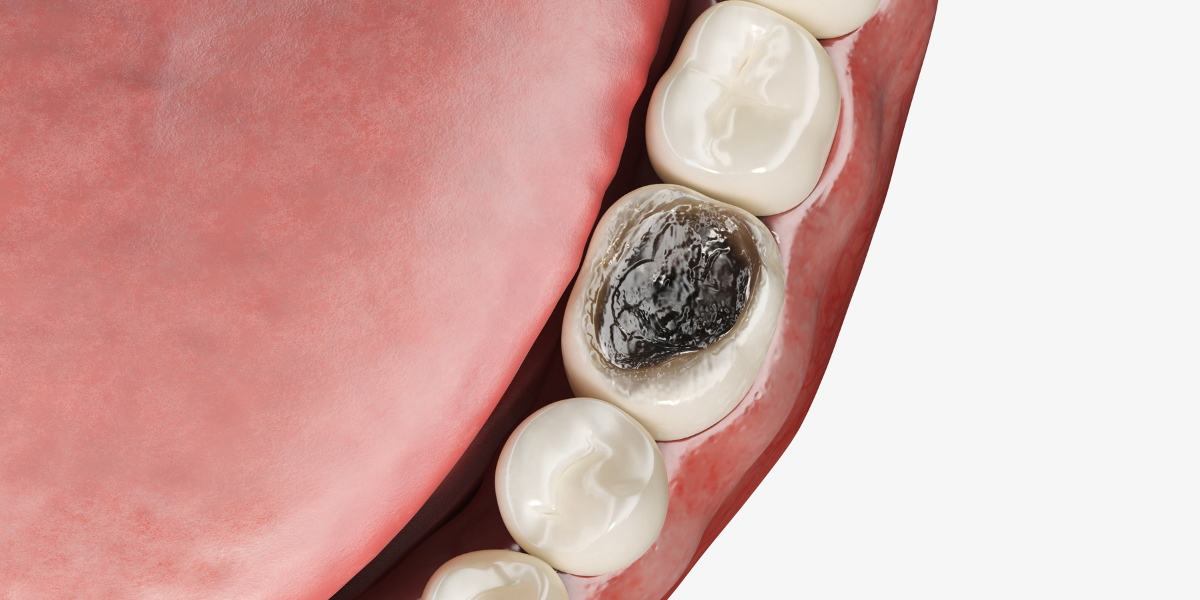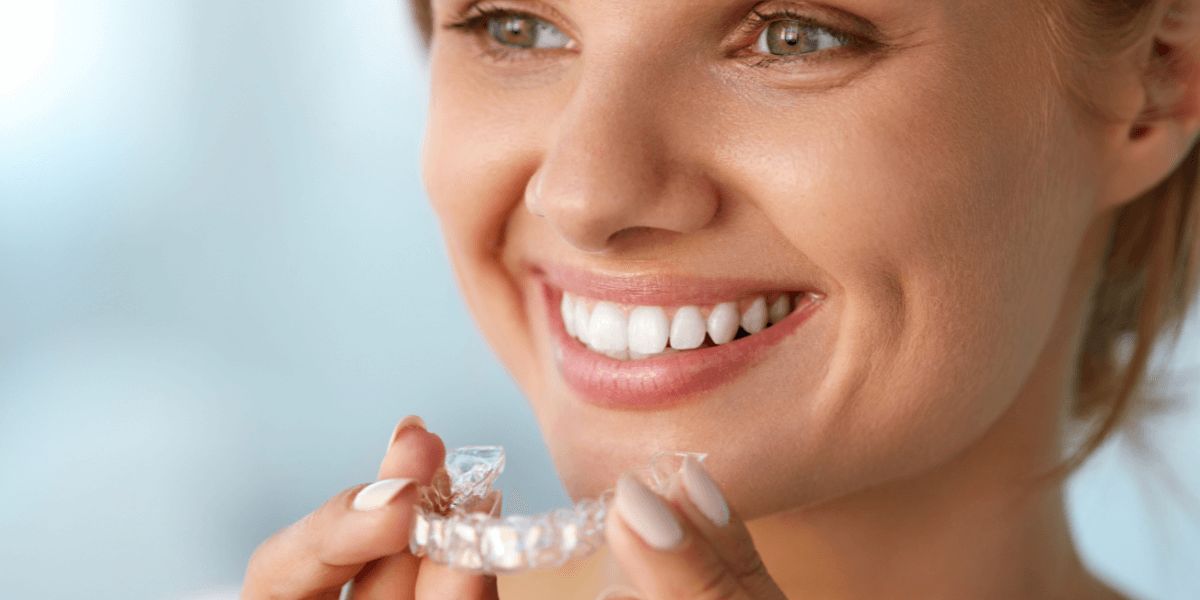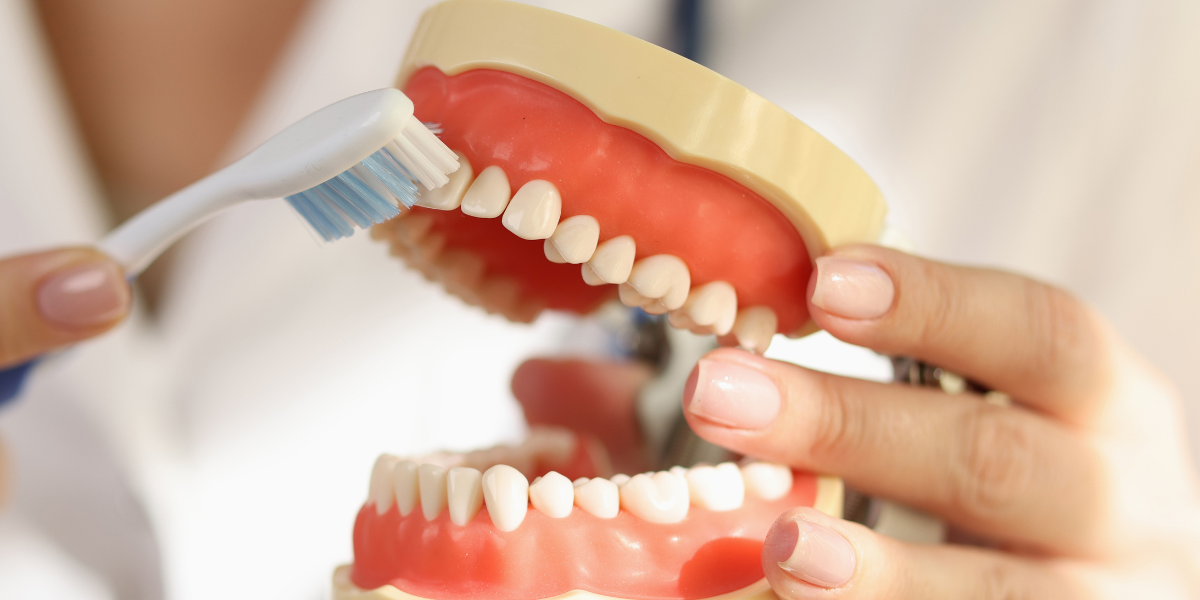
Whitening of teeth is known to cause tooth sensitivity. This sensitivity is often a sign of one of the below oral/dental problems.
Abrasive Brushing will over time expose dentin by wearing down the tooth’s enamel as well as cause the gums to recede thus exposing more of the tooth’s dentin. Dentin is soft and easily damaged which explains the tooth’s sensitivity.
Tooth decay near the gum line will occur when there is a buildup of bacteria in the mouth that produces acid that slowly eats away at the tooth. If not treated, it will result in tooth sensitivity and eventually a cavity.
Recession of the gums results in the exposure of the tooth’s roots which is commonly caused by abrasive brushing and periodontal disease.
Gingivitis (Gum disease) which is the inflammation of gum tissue resulting in sensitivity caused by the loss of supporting ligaments, thus exposing the root surface which leads directly to the nerve of the tooth.
Chipped or broken teeth fill with bacteria from plaque and enter the pulp of the tooth thus causing inflammation due to the damaged tooth enamel.
Grinding or clenching of teeth will also wear down the enamel exposing the dentine also allowing inflammation and decay just as a chipped or broken tooth does.
Long-term uses of mouthwashes that contain acid are known to worsen tooth sensitivity when dentin is exposed. Dentin is only exposed when the tooth’s enamel is damaged. Dentine is present to protect the tooth from extreme temperatures, substances, and trauma. The acids found in some mouthwashes will further damage the dentin layer of the tooth.
Acidic foods consumed on a regular basis such as citrus fruits, tomatoes, pickles, and tea, can cause enamel erosion.
If you suspect you suffer from any of the above you may experience tooth sensitivity during teeth whitening. It is recommended you consult with your dentist before using at home teeth whitening products.








